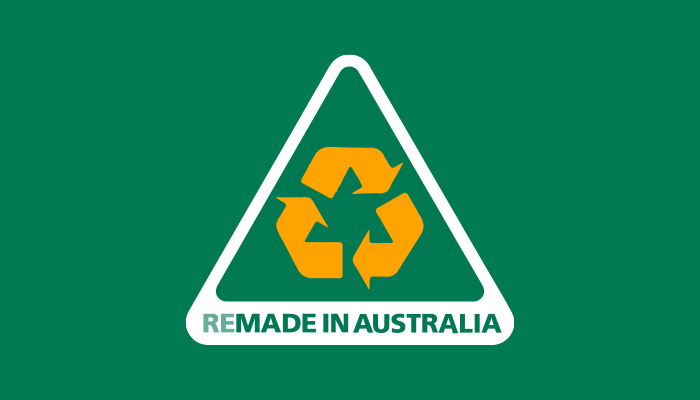The National Retail Association welcomes the Federal Government’s “ReMade In Australia” campaign which encourages Australians to recycle more to meet industry demand for recycled content and to generate jobs and opportunities.
Policy Director David Stout says the announcement sent a strong signal that the Australian Government supports the significant investments industry is making into recyclable and recycled products and addresses the need for more recycling infrastructure.
“ReMade also sends a strong signal to state and local governments to align with the national direction of supporting recyclable and recycled plastic rather than some bans which can just send more to landfill,” Mr Stout said.
While bans on single-use plastic bags, straws and cutlery are strongly supported by retailers, some reusable and recycled items are potentially being captured in localised bans.
“Heavyweight plastic shopping bags, which have been tested to 125 uses, are made from over 80% recycled plastic, and are recycled by industry-funded programs like RedCycle, but these are proposed to be banned in some jurisdictions.
“When reusable recycled plastic shopping bags were introduced we saw bag consumption drop by 90 per cent. Now we fear it will go back to pre-2018 volumes as paper bags are less reusable,” he said.
“Many states have recently rolled out successful container refund schemes which are generating high-value recycled plastics. This has driven industry to design new products such as recyclable PET and recycled PET for cups and containers, and we need national consistency to support these innovative developments.
“The retail industry is extremely proactive in sustainability, with most national businesses already implementing changes in line with the Australian Packaging Covenant, the national framework to achieving the 2025 National Packaging Targets.”
The Australian Government’s ReMade in Australia campaign signals a mature and sustainable approach to achieving the National Packaging Targets and managing impacts of waste export bans, changing the concept of waste into a resource which can generate jobs and economic opportunities.
“We call on all state, territory and local governments, as well as the community, to recycle more and to support products made from recyclable or recycled content,” Mr Stout concluded.


